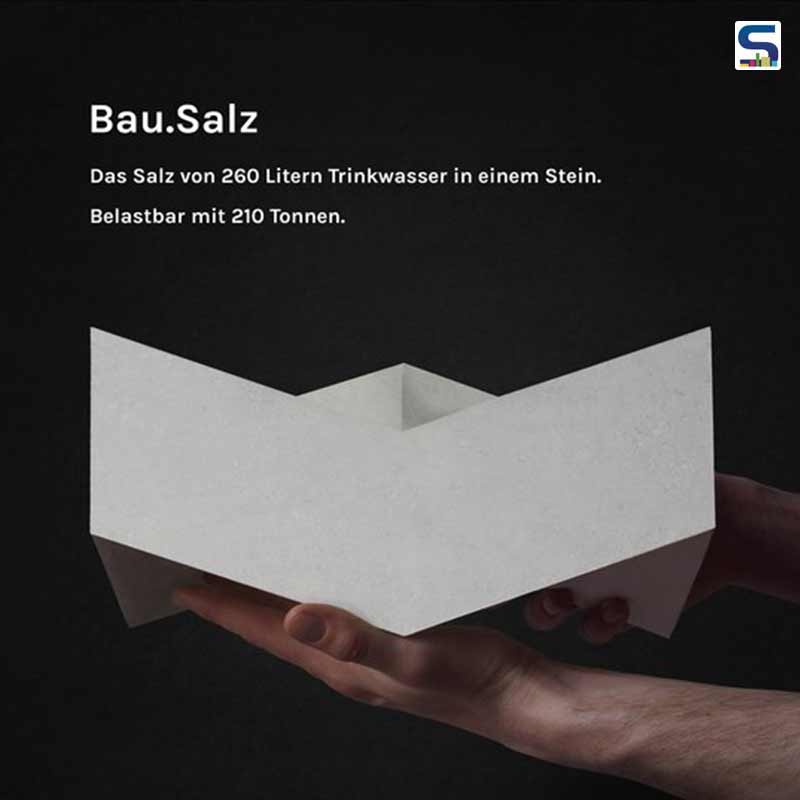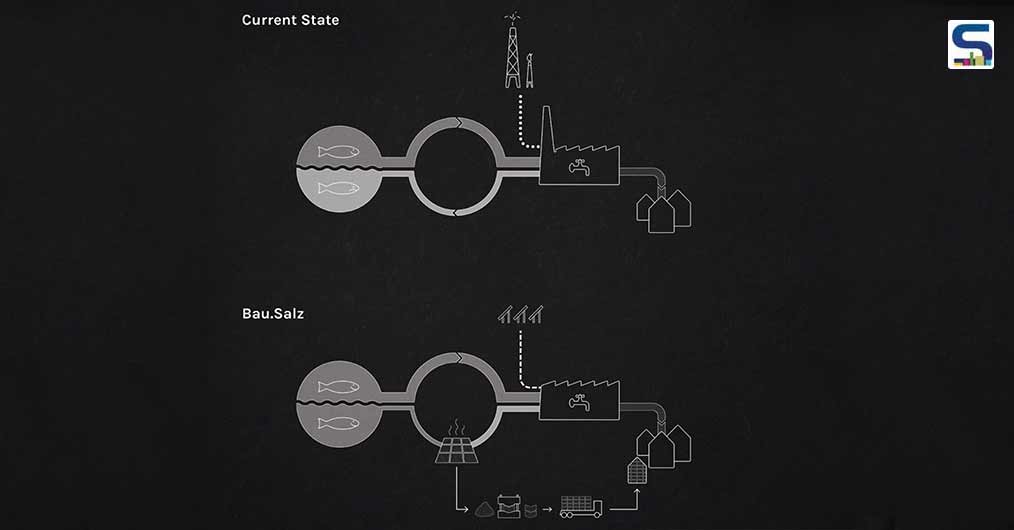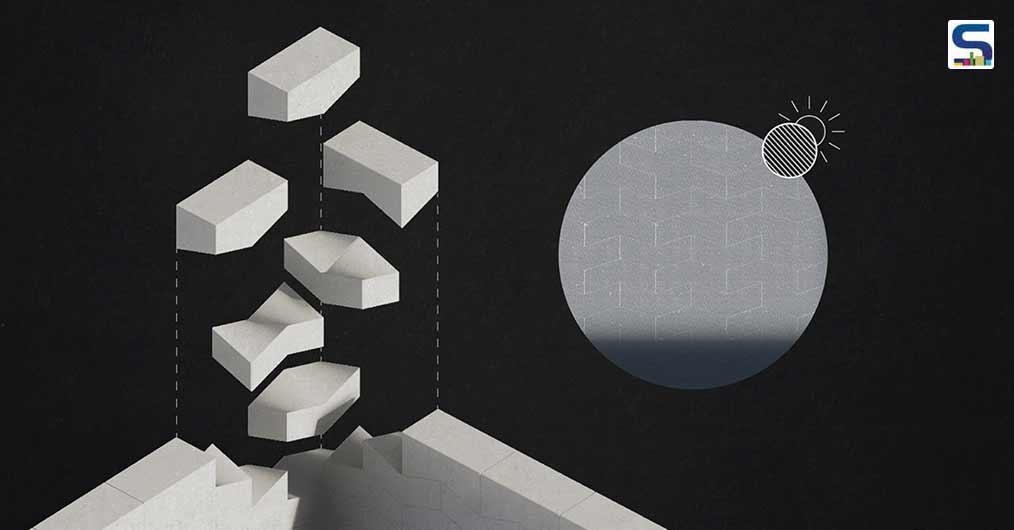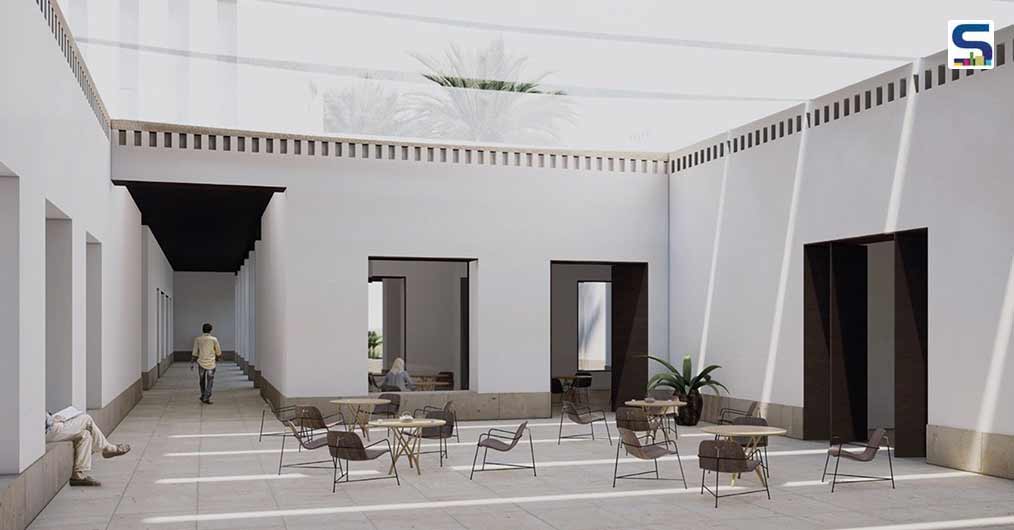
Researchers at the Bauhaus University Weimar in Germany have demonstrated the potential of concentrated salt through Bau.Salz. When drinking water is obtained by desalination, a highly concentrated salt brine is produced as a waste product. This waste product is usually dumped back into the sea. Excessive concentrated salt leaves a dramatic effect on the environment. To overcome this challenge, a group of researchers Johannes Dorfer, Jonathan Peters and Fiona Zimmer submitted a research project for their Architecture (Master of Science (MSc) programme.

Called Bau.Salz, the project aims at showcasing the possibility of the harmful unused resource by transforming it into a high-quality building brick. According to them, not only the utilization of salt itself has a good impact on the environment but every processing step from the raw material to the final product follows the principle of sustainability and considers the whole building’s life cycle.

With the help of smart and elaborated design, the masonry blocks can interlock with each other. This enables an omission of cement mortar and creates seamless, translucent bonds. The result is a brick – as much as the conventional ones only without being burned or the use of emission-intensive materials.

This affordable building material shines like porcelain, has a positive impact on health and also saves the marine ecosystem. Salt, however, is an underestimated material in the construction industry. Therefore, Bau.Salz aims to contribute to a more sustainable desalination process.
Image credits: Johannes Dorfer, Jonathan Peters, Fiona Zimmer